The event was organized by DG TAXUD and chaired by Commissioner for Trade and Economic Security, Maroš Šefčovič. It provided a constructive platform for dialogue between policymakers and industry representatives on the need to modernize and simplify the Rules of Origin (RoO).
Strong Representation from the Steel Sector
EUROMETAL President Alexander Julius, speaking on behalf of a broad coalition of stakeholders including major producers, processors, and trade associations, emphasized the urgent need to make the rules of origin more practical, consistent, and aligned with the realities of a changing global trade environment. The discussions highlighted the importance of adapting the rules to the business realities, eliminating inconsistencies in national implementations, and aligning them with the EU’s climate and industrial policy goals.
Key Messages from Commissioner Šefčovič
Commissioner Maroš Šefčovič underscored the critical role of rules of origin and announced the launch of a comprehensive reform process. Key takeaways from his remarks included:
-
Simplification and a Sector-Specific Approach: Rules of origin must be easy to apply and tailored to the specific characteristics of each sector.
-
Harmonization Across the EU: Diverging national implementations create major challenges. Harmonized rules are essential for fairness and for removing barriers within the single market.
-
Digitalization: The upcoming Customs Reform will introduce the European Data Hub, digital product passports, and AI-powered compliance tools, with a focus on accessibility for SMEs.
-
Strategic Role in Trade Defense: Rules of origin are vital in areas such as CBAM (Carbon Border Adjustment Mechanism), safeguard measures, and anti-fraud efforts — particularly in the steel and aluminum sectors.
-
Post-2026 Steel Strategy: Work is ongoing on a new framework for EU steel safeguard measures, with updates expected by summer 2025. Closer cooperation with the U.S. is also planned to address global overcapacity issues.
EUROMETAL's Key Recommendations
During the meeting, EUROMETAL highlighted the complexity faced by steel distributors and service centers in complying with origin requirements. Key recommendations included:
-
Aligning rules of origin with climate and circular economy objectives — including CBAM and the definition of “green” steel.
-
Developing practical rules for recycled content, “melt and pour” criteria, and value-added processing steps.
-
Ensuring digital solutions are accessible and interoperable for SMEs, which form the backbone of the steel distribution sector.
-
Introducing origin-based restrictions specifically for steel derivatives to avoid loopholes in current trade defense mechanisms. These derivatives should not undermine the effectiveness of EU safeguard and defense measures.
-
Establishing predictable, enforceable, and harmonized rules across all 27 EU Member States to prevent costly delays and inconsistent customs decisions.



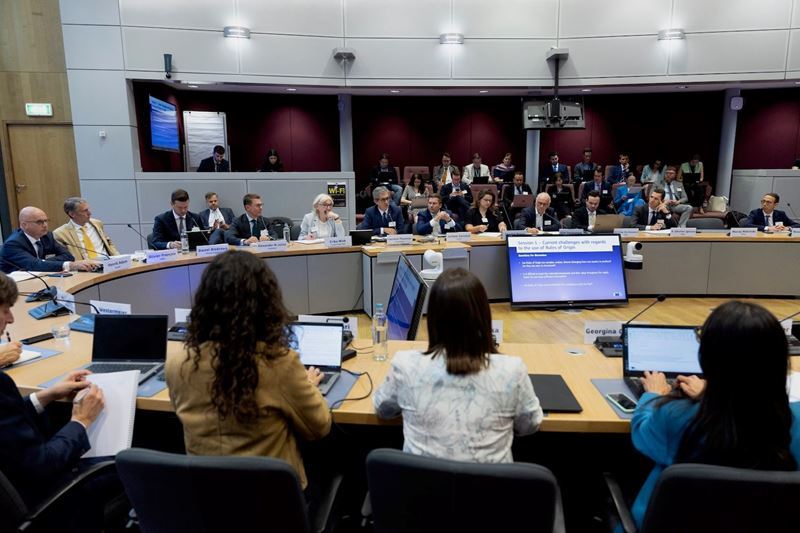
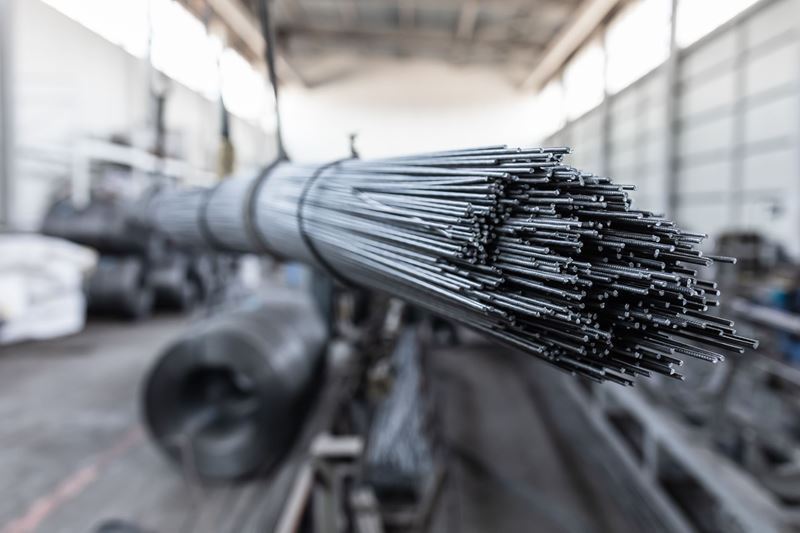
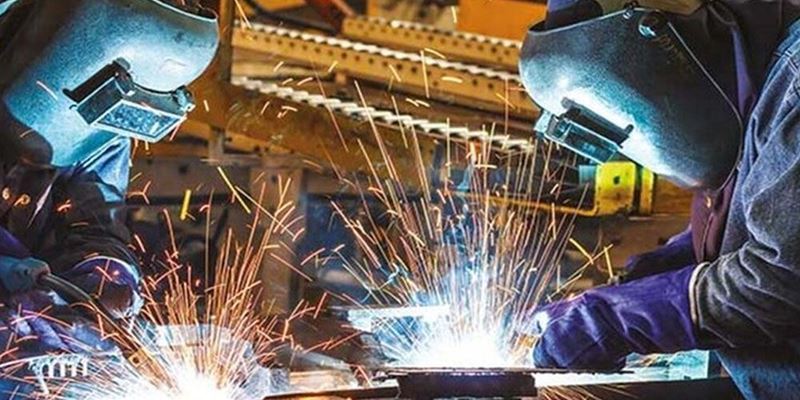
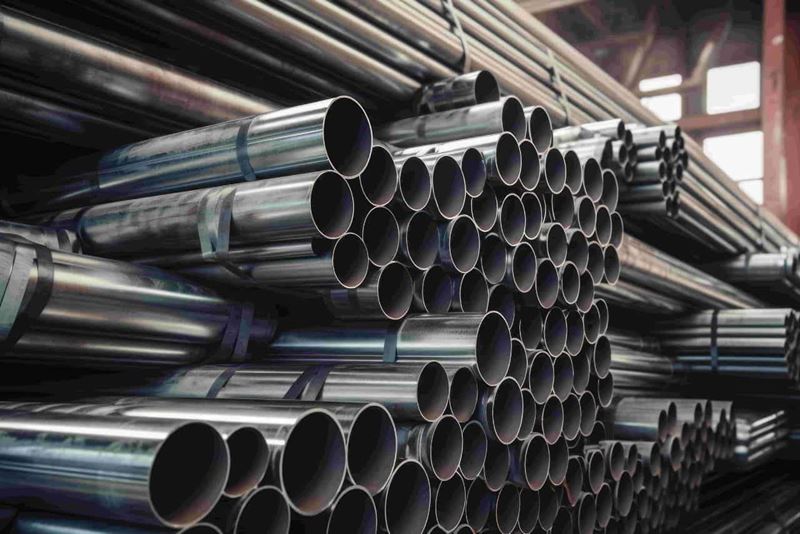

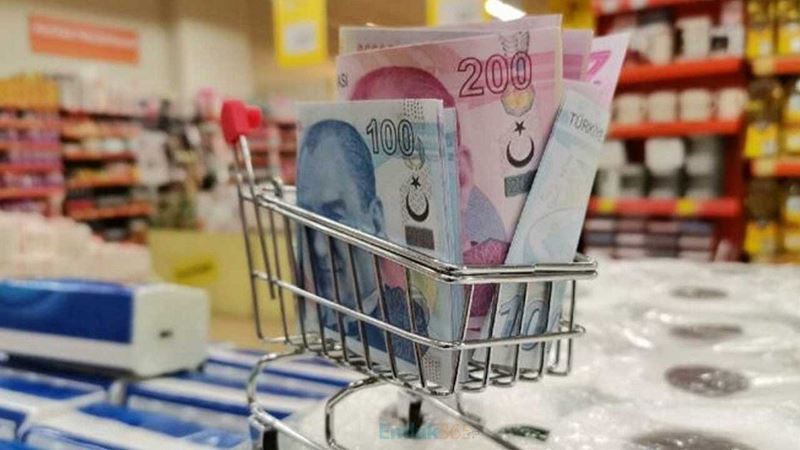


Comments
No comment yet.